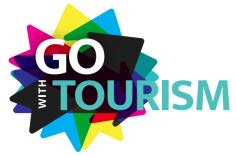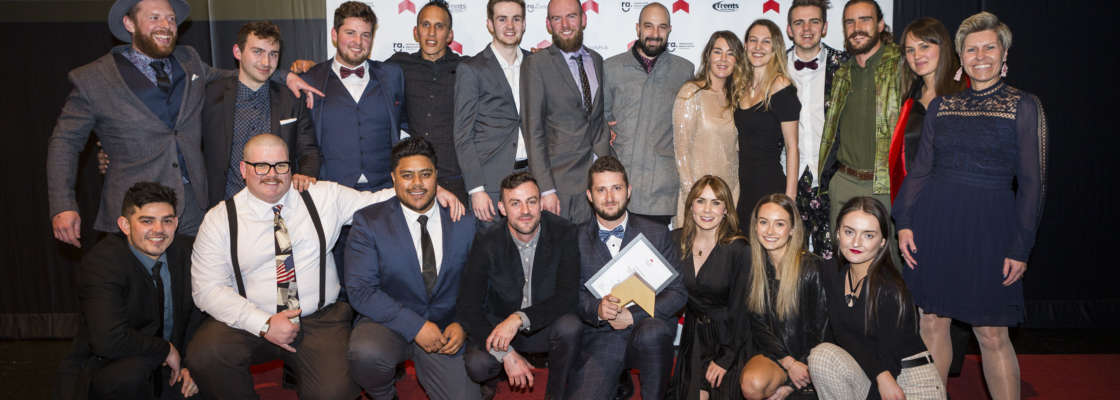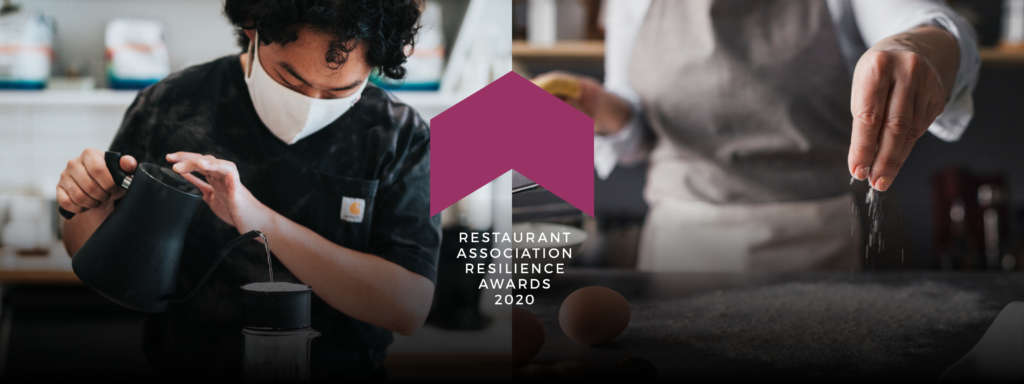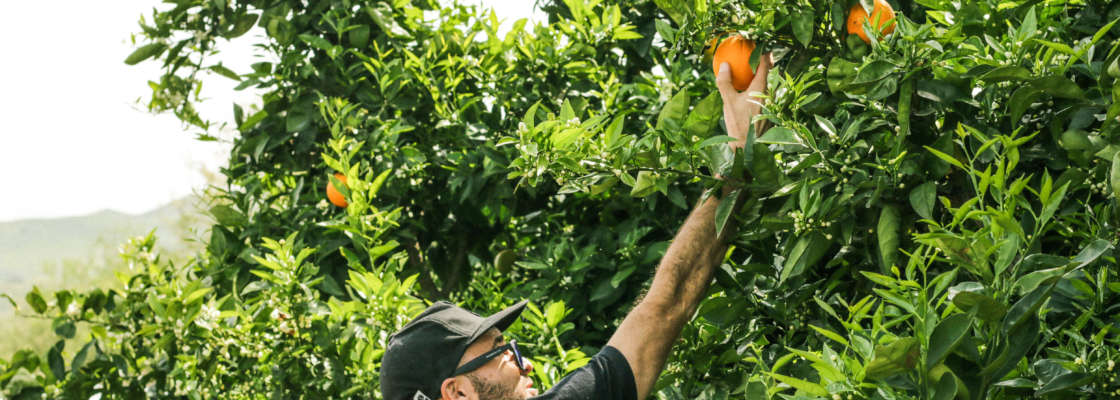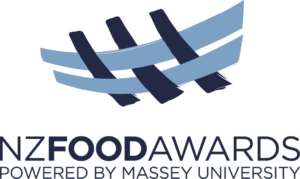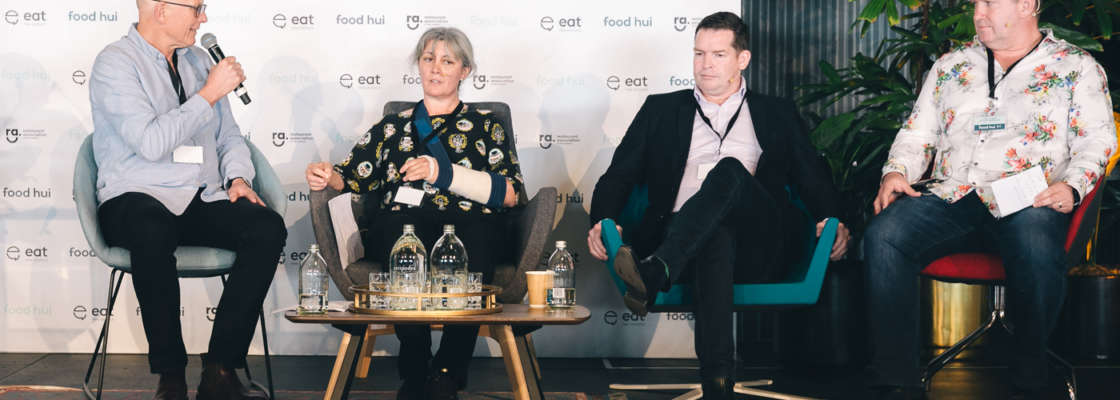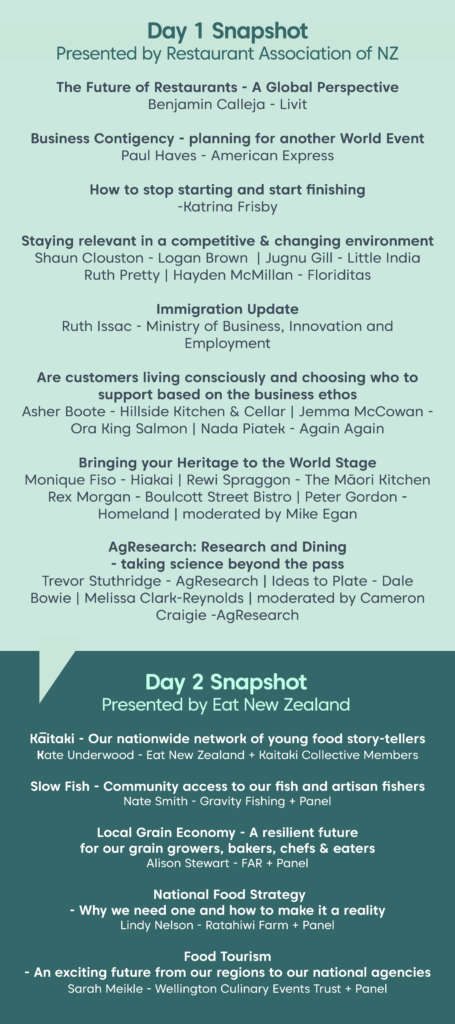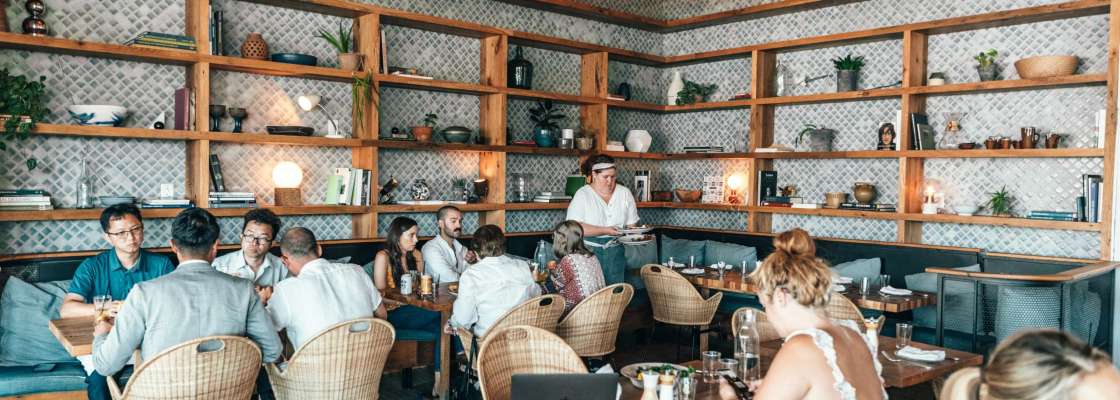BY THE MENTAL HEALTH FOUNDATION | WWW.MENTALHEALTH.ORG.NZ
From workloads to wellbeing, the COVID-19 pandemic poses many challenges. As a small business owner or manager, it’s important to keep an eye on your stress levels.
This article by the Mental Health Foundation talks about learning to spot warning signs and pick up tips to improve your wellbeing. Your health and happiness — and your business — will benefit.
The stress of uncertain times
No matter how COVID-19 has affected your business, good and bad, it poses a mental wellbeing challenge. Operating in uncertain times is stressful — even if you relish change and new ways of doing things.
For many, there’s the added financial stress of reduced or uncertain earnings. And some business people face cutting jobs or closing altogether. This takes an emotional toll, and takes away social connections forged at work.
“We’ve had to change the way we do things. COVID-19 has challenged our sense of how the world works, how our careers go, how our relationships go,” says Lisa Ducat, workplace wellbeing specialist at Mental Health Foundation.
“It’s been a full-on impact on the three areas that keep us well: feeling good, functioning well, feeling connected to others.”
Business impact
When it comes to wellbeing checks, you might be focused on your staff and loved ones outside work. But it’s equally important to check on yourself.
It’s common for small business owners to wear many hats, to juggle multiple tasks and responsibilities, to work long hours. Even if you’re used to doing this and doing it well, it’s harder in uncertain times. Even before the pandemic hit, 80% of business owners reported feeling isolated in a survey by Business Mentors New Zealand. All this adds to stress.
“Business owners are used to seeking business-orientated support. You get support to keep business going,” says Ducat. “Remember you are the business. Your health and wellbeing are your business’s biggest resource.”
On a scale from minor impact to major, most people will be somewhere in the middle, says Ducat. Most will benefit from “psychological first aid” to ease stress before it escalates to burnout. This might mean adding exercise or fresh air to your day, problem-solving with others, or connecting with people you care about. If you are suffering from extreme stress, seek professional help.
Ducat recommends making space to reflect. And she warns against “toxic positivity” — feeling forced to only talk about the positive and resisting negative or difficult experiences.
“Our feelings are our feelings. They give you important information,” says Ducat. “Ignoring feelings you don’t like may hinder problem solving. Toxic positivity will also stop others from feeling safe talking to you about what they are struggling with.”
Instead, consider the pros and cons of what you’re going through. “This might be saying to yourself ‘yes it’s difficult AND I’m upset AND I got through it’,” says Ducat.
“It’s a balancing act. Knowing it’s awful. Knowing we have limited control.
Recognising you managed to shift your business operations and lifestyle at short notice. Thinking about new possibilities now life isn’t going how you thought it would.”
Signs of stress
Warning signs may include:
- changes to sleeping patterns
- hard to make decisions
- feeling impatient or grumpy
- losing confidence
- losing interest in loved ones or in your work, favourite pastimes, or in people you care about
- indigestion or stomach pain.
Are you experiencing any of those warning signs now? Or have you noticed warning signs recently? If yes — or if you think it’s possible — it’s time to take steps to ease stress and prevent burnout.
The Mental Health Foundation defines burnout as exhaustion (emotional and physical) + cynicism + reduced sense of accomplishment (low morale, self-esteem, lower coping ability).
How to help yourself
Tips
Learn the signs of stress. Think about when you notice stress in yourself — what are your personal warning signs?
What helps ease your stress? If you’re not sure where to start, try these suggestions:
- Give yourself permission to not be at your best.
- Be kind to yourself, as well as to others.
- Involve others in problem solving. Talk to your team, other business owners, a mentor.
- Look after your physical health, get sleep, and eat well. Your mind can’t work well if the engine runs on empty. Feel like you don’t have a spare minute for even a walk around the block? Try a walking meeting.
- Take notice of small things each day that make you feel good. Try and make time to do more of these things.
“Don’t think of one huge problem. Break it down. If you can solve one of these problems, that will help reduce your stress,” says Ducat. Recognise the small goals you achieve, rather than focusing on the next one you haven’t started.
Coping under pressure
- Don’t try to do everything yourself.
- Avoid toxic positivity. It’s unrealistic and unhelpful to pretend everything is fine.
- Don’t tell yourself or others to just relax. It won’t work — and might even make you feel more tense.
- Beware trying to “fix” yourself or others. It’s OK to sometimes feel frustrated or angry. Use these feelings as a wellbeing barometer. If they start to build up, it’s a sign to ease pressure on yourself.
“Just step back and go ‘I am angry’ or ‘I am upset’,” says Ducat. “And then think about how you can positively deal with those feelings.”
Resources that can help
- The Restaurant Association has a number of health and wellbeing resources, produced in association with The Mental Health Foundation, available online: https://www.restaurantnz.co.nz/membership-resources/resources/?category=mental-health-wellbeing.
- The Mental Health Foundation’s website has a range of tips and worksheets to reduce stress. Some help you spot the signs of stress, others help you identify what you need to stay well.
- Minimising and managing workplace stress (external link) — Mental Health Foundation
- Ways to wellbeing (external link) — Mental Health Foundation
- Also check out the tools on the Resilient Organisations website.
- COVID-19 business resilience resources (external link) — Resilient Organisations



